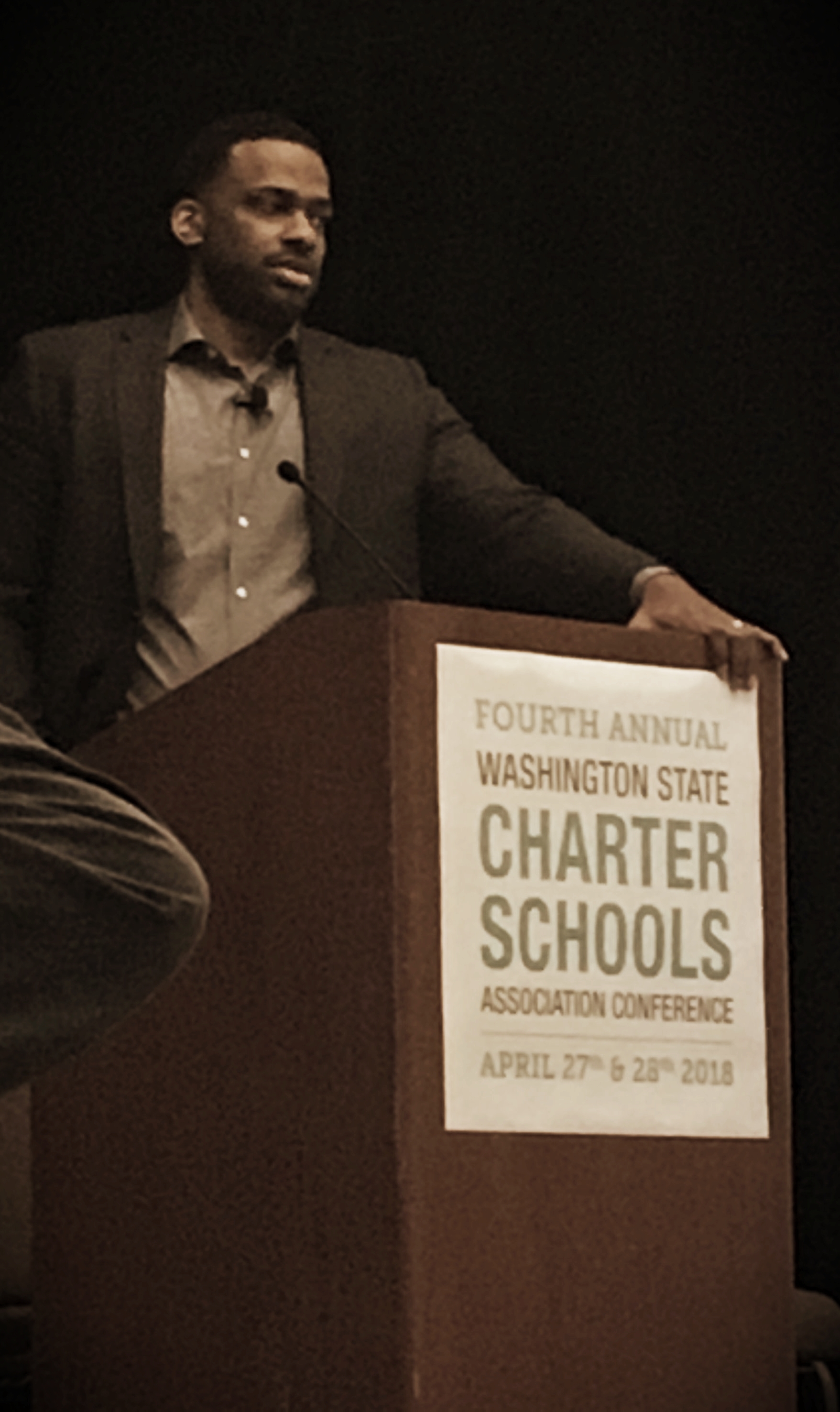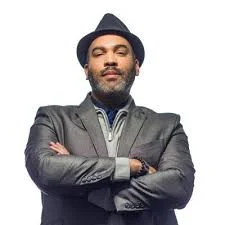I talked with Chris Stewart last weekend to close out the Washington State Charter School Association Conference. Chris is a writer, speaker and advocate for school choice as a means to a better education for students of color.
We talked about equity and disparity in Seattle, and Chris accurately described us as “resource-rich but equity-poor.” It made me wonder what will ever motivate us to change if we continue to have this much capital flowing into a city with this much racial segregation and discrimination baked into its schools.
We talked also about the national perceptions of charter schools, too, and about how to distinguish Washington’s charters from an unhinged federal administration advocating for odd versions of school choice. How do you stay on the right track when you’ve been given a longer leash for all the wrong reasons -- or by someone you fundamentally don’t trust?
Chris said he's "agnostic about the school, but religious about results,” talking about the pointless in-fighting about process that is happening among folks who agree that our inequitable education system needs to change. Later, someone asked a great, fairly obvious question: what results is Chris looking for exactly? What constitutes a high-quality education in the end?
Chris’ answer was simple: he wants schools to start by teaching black and brown boys to read and do math. He said you can find most of the benchmarks on the road to prison or to college in terms of literacy and algebra. First teach all kids to read and write, he said, and then let’s go from there.
That’s such a low bar! And yet it makes too much sense. If we haven’t mastered the first step, we can’t expect to take the 10th, but it threw me for a loop, for sure. Why are we having high-level conversations about education when we haven’t gotten to a point where we can teach all kids to read and write?
Yet that very truth necessarily brings to mind deeper questions. To ask what results I’m looking for is essentially like asking why I am sending my kids to school in the first place. And to frame those expectations against a school system that isn’t teaching all kids their letters and numbers… well, what’s realistic? What’s ideal?
My mind had started racing the moment the question was asked, thinking about social-emotional nurturing and liberating curriculum. About whether he’ll be taught, as I was, that Black history is the history of slavery, that communism is to be feared, and that manifest destiny explains the disappearance of indigenous people.
I’ve spent a lot of time and energy writing along these line about what's wrong with our schools — and rightfully so, I think, since there are, frankly, so many problems. I'd like to continue exploring the more positive manifestations of this work, though, and to start thinking creatively about building the positive characteristics we do want as we educate our kids.
What "should" school be? What do I want and expect for my own kids and their education? For all kids?
These are big questions to explore, and I don’t think anyone has all the answers yet, but one thing I know for sure is that the charter school sector in Washington is having the conversation. The conference showed that charter leadership in our state has a keen awareness of the inequity in our schools, along with a willingness to ask tough questions and then take new, bold action. That’s something I haven’t seen from our traditional public school district in Seattle.















